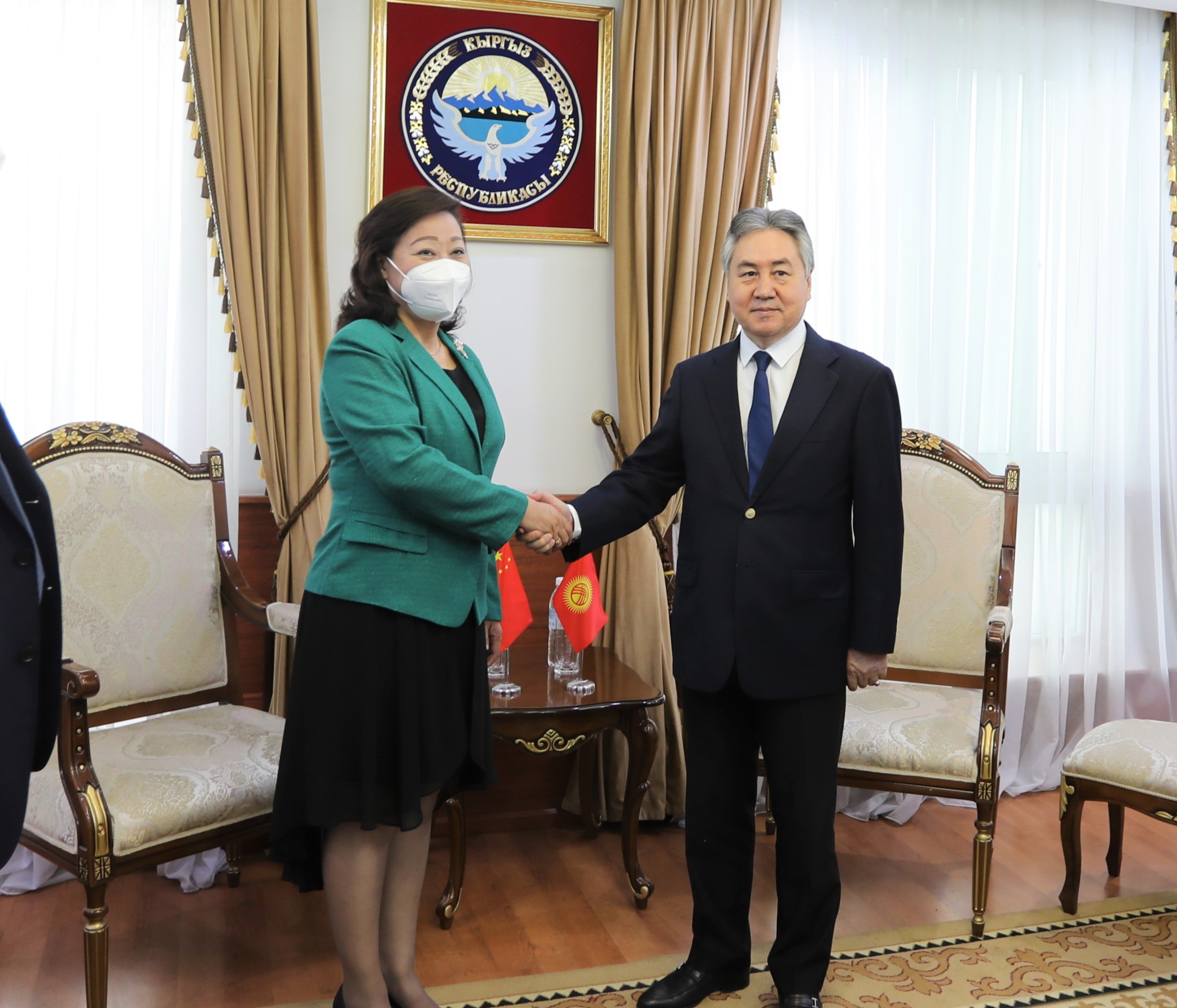US media: Luban Workers, bring Chinese technology to Central Asia
Author:Global Times Time:2022.09.03
The American "Eurasian Net" article on September 1st, the original title: China expands the vocational training center to Central Asia this summer. In the gymnasium at the University of Tagikistan, Chinese workers are installing the latest pipelines, heating and ventilation equipment. However, workers from a company in Shandong Province in China are not here to improve the conditions for athletes. They are transforming the space to the first Luban workshop established by China in Central Asia. In the next few generations of Tagikistan students, they will come into contact with the latest ventilation and green energy technology here.
The Luban Workshop is the update and development of China's soft power, focusing on the field of vocational training, thereby helping the "Belt and Road" projects all over the world. Since 2016, China has opened 20 Luban workshops in 19 countries. Most of them are located in the south of the world and have also landed in several European countries.
For the Eastern countries of Central Asia, the project is a popular opportunity to create employment. Just as these Chinese workers were installed in Dusan's (Tagikistan Capital -Editor's Note), the lecturer Suleman Patel was expanding the school's Luban workshop in the South African University of Science and Technology at 5,000 miles away. Established in 2019, the workshop provides students with a master's degree in the Internet of Things. The person in charge of the Duban University of Technology said that the uniqueness of Luban Workshop is that China provides equipment, while Western countries focus on providing funds. He said that before the launch of the Luban workshop, "we did not have 3D printing facilities."
The first Luban workshop was established in Thailand 6 years ago. Tianjin Bohai Vocational and Technical College and local colleges cooperate to focus on automation and robots, and then expand to technology to serve high -speed rail projects. Luban Gongfang can be regarded as the second stage of the "Belt and Road". Chinese companies entering overseas realized that there were not enough local technicians to operate related projects. As a result, Beijing encouraged Chinese technical colleges to establish foreign partnerships. Some scholars said that wherever Chinese companies go to vocational education, they will be reached where they are, and they can be cultivated where technical skills are trained.
The opening of the workshop is more practical than the university. For local workers who "only speak a little Chinese and have no special skills", it is difficult to be hired by Chinese -funded enterprises. But once they master their skills, they will be conducive to employment. The interaction between people also helps the outside world to understand China. For the lecturer of Durban University of Science and Technology in South Africa, the Ruban workshop is the gospel. In addition to working for Chinese enterprises, some of his students also went to Amazon and Microsoft.
Australian National University Researcher Dek Van Detkri predicts that Western decision makers will regard the project as another way to change the focus of the world, but many countries such as Tajikistan will "not care (Western) criticism. They need to be conducive to benefit Technical workers in the country. Frankly speaking, wealthy Western countries have not provided much support. " This is obvious in South Africa. Olugbara knows that they may be required to choose a border station in the confrontation of the future power. Cui Xiaodong translation)
- END -
Bangladesh was attacked again by floods: almost all the water levels of almost all major rivers are rising

Jimu Journalist Sun YanAccording to media reports on the 17th of the Peninsula TV,...
Ambassador Du Dewen met with Minister of Kyrgyzstan Kurubayev

On September 5th, the Ambassador to Gilgestein Du Dewen met with Kyrubayev, a fore...